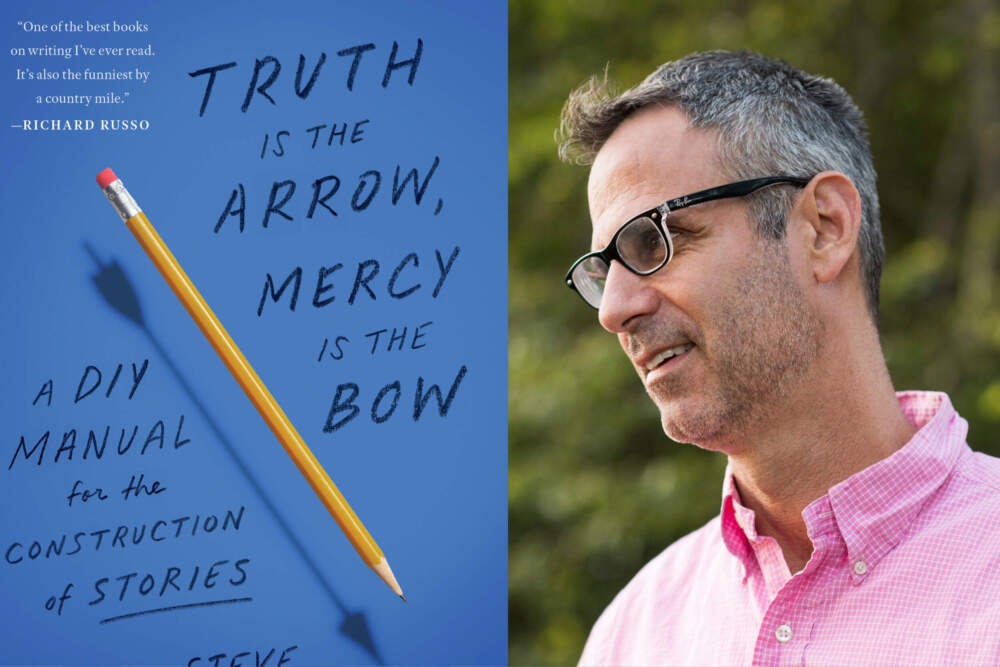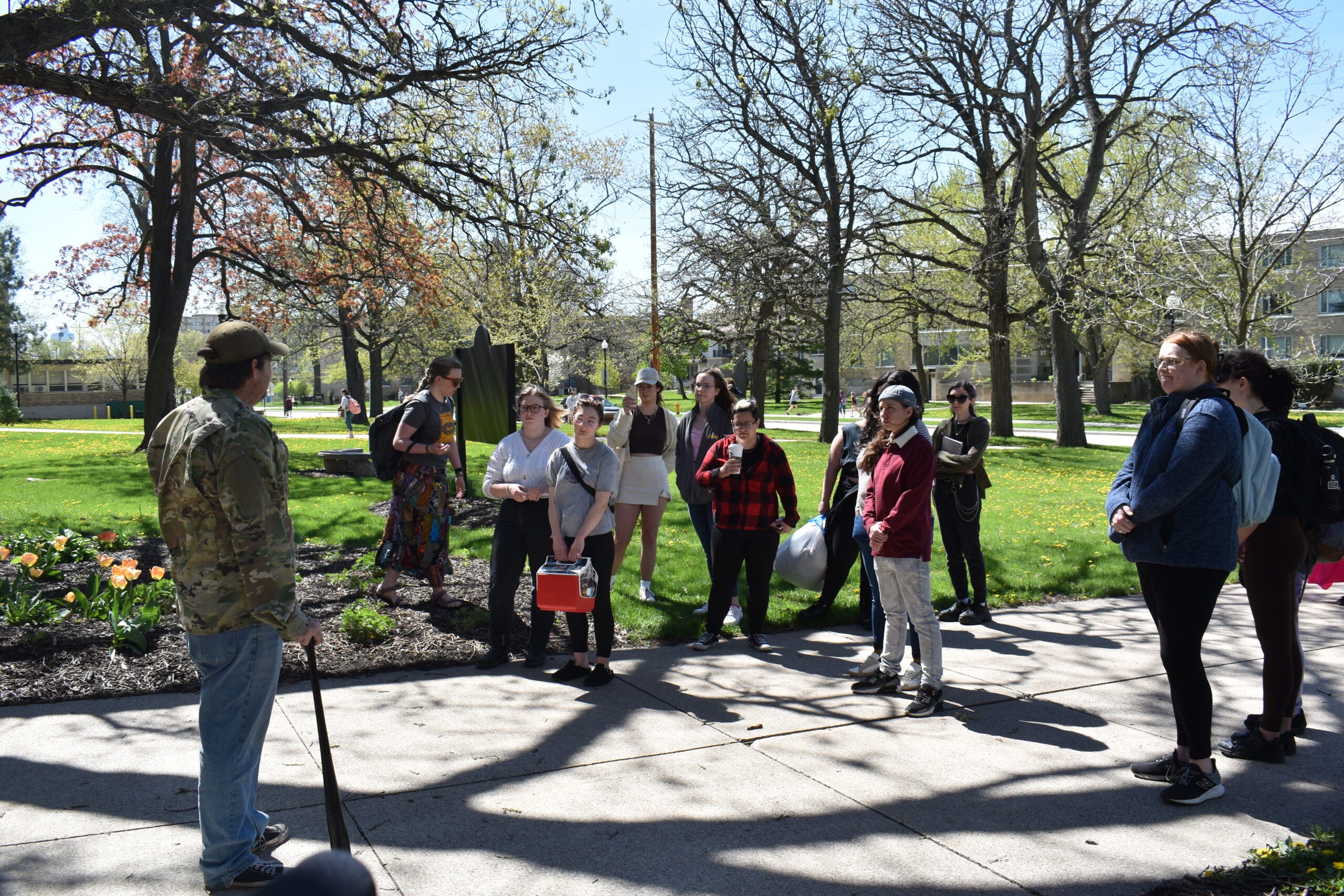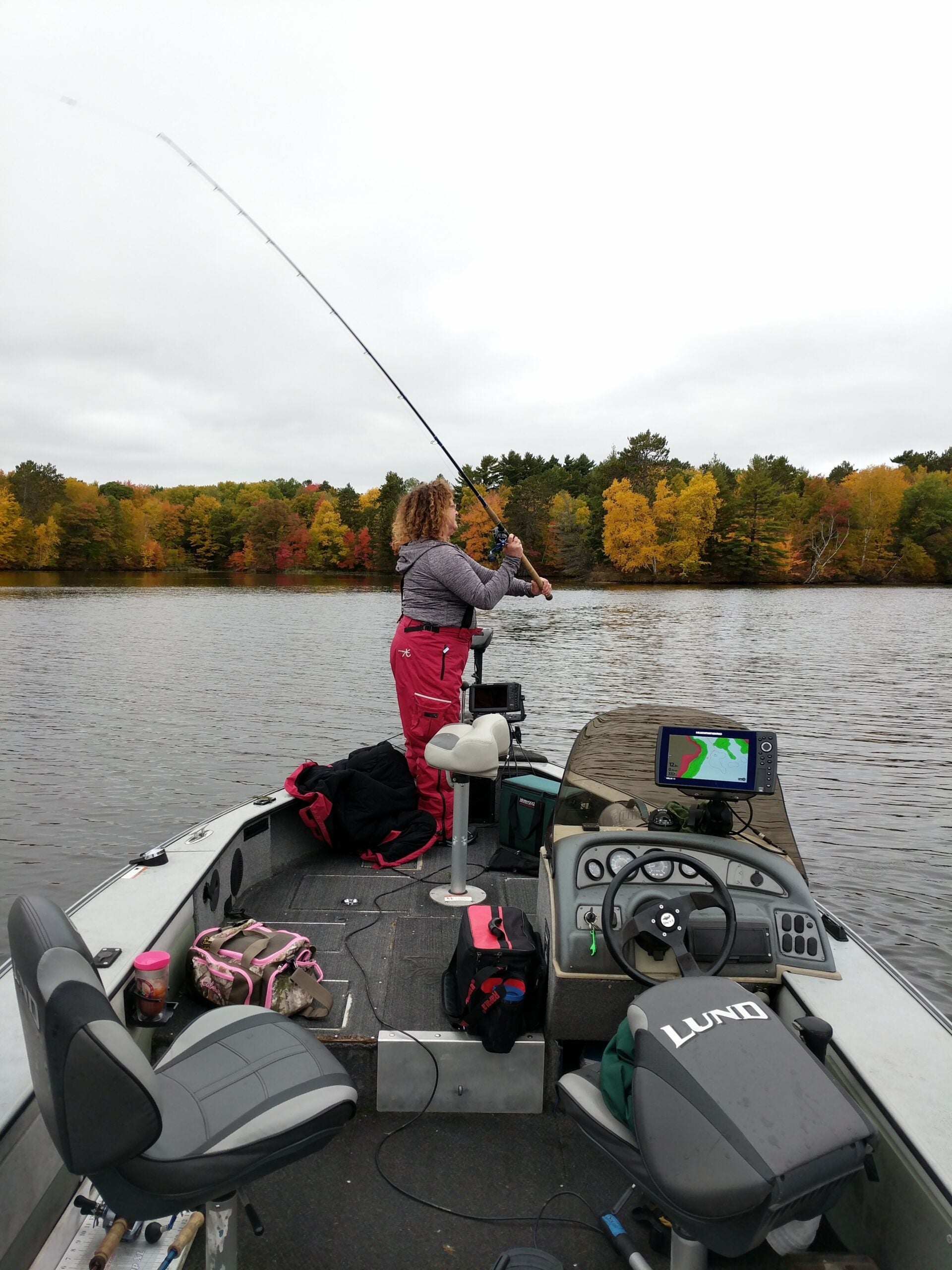Theo Colborn, a prominent scientist who highlighted concerns about what chemicals in pesticides and plastics do to humans and wildlife, has died.
Theodora Emily Decker Colborn was 58 when, after years of working as a pharmacist, she was granted a doctorate of zoology from the University of Wisconsin-Madison with distributed minors in toxicology, epidemiology and water chemistry. UW zoology and environmental toxicology professor Warren Porter was on Colborn’s thesis committee in 1985. Porter said Colborn became an international leader in efforts to show how exposure to pesticides, plastics, flame retardants and other chemicals can disrupt the endocrine system of humans and wildlife.
“That was affecting developmental processes, neurological processes, immune function and also probably lately epigenetics, which is basically the switch controls on whether or not genes are actually functioning,” he said.
Stay informed on the latest news
Sign up for WPR’s email newsletter.
Colborn worked at the World Wildlife Fund, and later was a professor at the University of Florida. She wrote extensively about chemicals in the Great Lakes, but perhaps her most famous work was a book published in 1996 called “Our Stolen Future,” co-written with Dianne Dumanoski and J.P. Myers, that explored how chemical contaminants can affect fetal development.
Porter said one of the biggest threats to the endocrine system now are chemicals that the U.S. Environmental Protection Agency allows to be registered and put into use based on industry data.
“Chemical companies have a clear conflict of interest, and they sit on panels in the EPA that decide whether or not pesticides should be banned. And so, they manage to block many of these things that should have been stopped a long time ago,” he said.
In June, Porter and Colborn were among about 35 scientists that signed a letter opposing the EPA’s plans to allow the registration of a herbicide product called Enlist Duo, a combination of 2,4-D and glyphosate. The EPA, however, stood by its decision.
In recent years, Colborn also raised more concerns about chemicals in the air and water near natural gas wells, including fracking operations.
Colborn’s death was announced Monday. She was 87 years old.
Wisconsin Public Radio, © Copyright 2024, Board of Regents of the University of Wisconsin System and Wisconsin Educational Communications Board.












